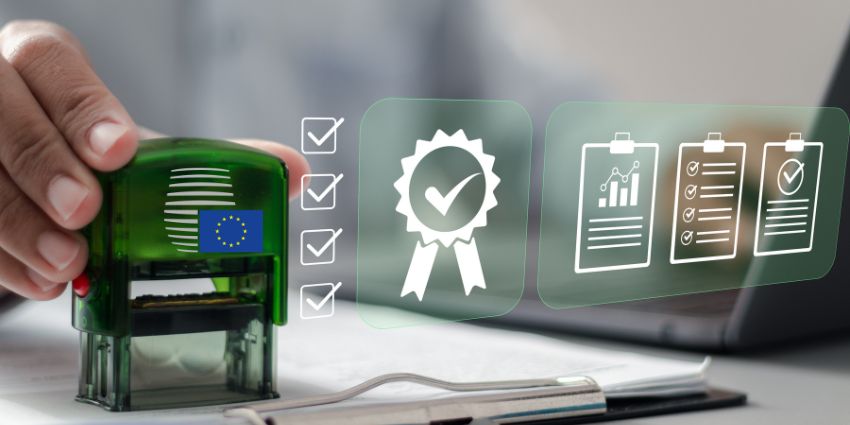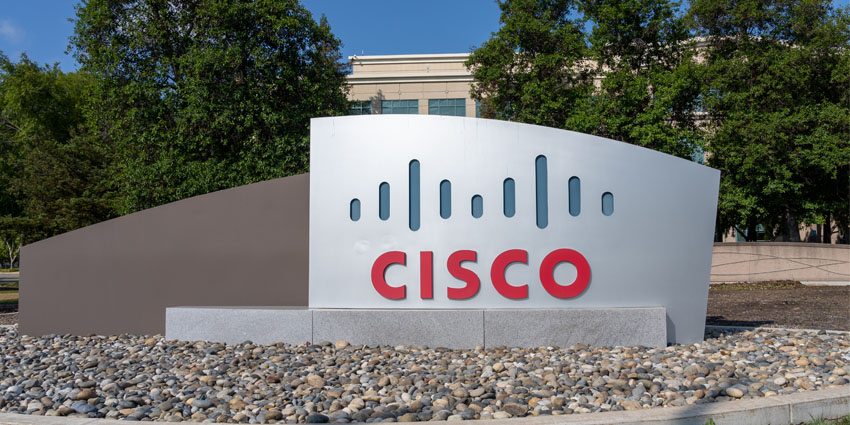The European Council has released “first-of-its-kind” rules called the ‘Artificial Intelligence Act’ to set standards for the regulation of AI within the European Union, which will likely influence policymakers elsewhere.
- AI Show – AI Security, Privacy and Legal Issues
- Slack Updates AI Principles After Customer Data Training Uproar
- The EU Is Set to Issue Antitrust Charges Against Microsoft, Sources
The EU body has taken a risk-based approach to the new legislation, meaning the rules will be stricter depending on the threat level to the public.
The law is designed to ensure that AI systems in the EU’s public and private sectors are safe and trustworthy. It has also been established to respect the rights of EU citizens and foster business growth within the continent.
Mathieu Michel, Belgian Secretary of State for digitisation, administrative simplification, privacy protection, and building regulation, commented on the ‘landmark law’: “The adoption of the AI act is a significant milestone for the European Union.
This landmark law, the first of its kind in the world, addresses a global technological challenge that also creates opportunities for our societies and economies.”
“With the AI Act, Europe emphasises the importance of trust, transparency and accountability when dealing with new technologies while at the same time ensuring this fast-changing technology can flourish and boost European innovation.”
Artificial Intelligence Act
The European Council explains that the Artificial Intelligence Act differentiates between AI systems with limited risk versus those with high risk. While limited-risk systems would only have to fulfil a light set of requirements, high-risk systems could still be authorised but with certain obligations that must be met to access the EU market.
However, it has already decided to ban cognitive behavioural manipulation and social scoring, as it represents an “unacceptable” level of risk. This includes the use of AI for predicting policing based on systems that use biometric data to profile and categorise people based on race, religion, and sexual orientation.
The Act can offer exemptions for AI systems used for military, defence, and research purposes.
General-purpose AI (GPAI) models will be treated according to their risk approach, imposing some requirements relating to transparency, for example, for those displaying limited risk and stricter rules for those with systemic risks.
New AI Governing Bodies Set Up
A new governance architecture has been created to ensure the legislation is effectively enforced.
An AI Office based inside the European Commission will work to enforce common rules within the EU.
Member states’ representatives can advise the Commission and communicate with other EU states on matters related to the AI Act via an AI Board.
A panel of independent experts will assist AI law enforcement, and an advisory forum of stakeholders will offer their technical perspective to the AI Board and Commission.
Infringements of the Act can be met with fines, which will vary depending upon the size of the organisation.
Maintaining its position as an “innovation-friendly” act, however, the law envisages AI regulatory sandboxes that offer a controlled environment in which development and testing of AI technologies can take place.
Ireland’s government has already issued a press release welcoming the Act. The country’s minister for enterprise, trade, and employment, Peter Burke, shared his support for the legislation: “The EU AI Act is a highly significant regulation that strikes an important balance between boosting innovation and supporting the adoption of artificial intelligence technologies while also ensuring that this takes place in an ethical and responsible way.
As the first such regulation in the world, it will likely set the standard for AI regulation in other jurisdictions.”
“An ambitious timeline has been agreed in relation to the obligations set out under this Act, and a public consultation is being launched today to ensure all voices are heard. I would urge all interested parties to participate.”
The new regulation will come into force in less than three weeks and will then apply for the next two years.
This announcement follows the provisional agreement reached by the EU in December 2023.







